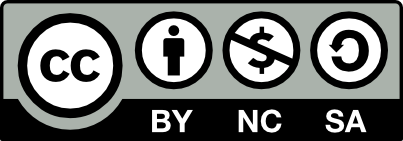How to efficiently share counterterrorism knowledge? Lessons learned, best practices and NATO DEEP eAcademy recommendations
cytuj
pobierz pliki
RIS BIB ENDNOTEChoose format
RIS BIB ENDNOTEPublication date: 08.10.2024
Terrorism – studies, analyses, prevention, 2024, Issue 6 (6), pp. 531 - 539
https://doi.org/10.4467/27204383TER.24.035.20255Authors
How to efficiently share counterterrorism knowledge? Lessons learned, best practices and NATO DEEP eAcademy recommendations
Experience in recent years, including intense technological development and the COVID-19 pandemic, has led to an increased interest in web-based training. E-learning allows learners to absorb knowledge at a pace that is tailored to their abilities and teachers to be more flexible in their delivery. The same circumstances that have created new forms of learning and working in a technologically developed society have triggered the rise of hybrid threats and given terrorists modern tools. In response to this trend the North Atlantic Alliance established, among others, NATO DEEP eAcademy – an entity from the sphere of education and training, whose task is to develop optimal solutions for implementing the assumptions of NATO Defence Education Enhancement Programme, i.e. a programme supporting the transformation of the military education systems of NATO partner countries. The director of this institution, Prof. Piotr Gawliczek, talks about what NATO DEEP eAcademy offers these countries and the Polish contribution to this project.
Information: Terrorism – studies, analyses, prevention, 2024, Issue 6 (6), pp. 531 - 539
Article type: Others noncitable
Titles:
Polish Association for National Security, Poland
Poland
NATO DEEP eAcademy
Published at: 08.10.2024
Article status: Open
Licence: CC-BY-NC-SA

Percentage share of authors:
Information about author:
Article corrections:
-Publication languages:
EnglishView count: 70
Number of downloads: 36